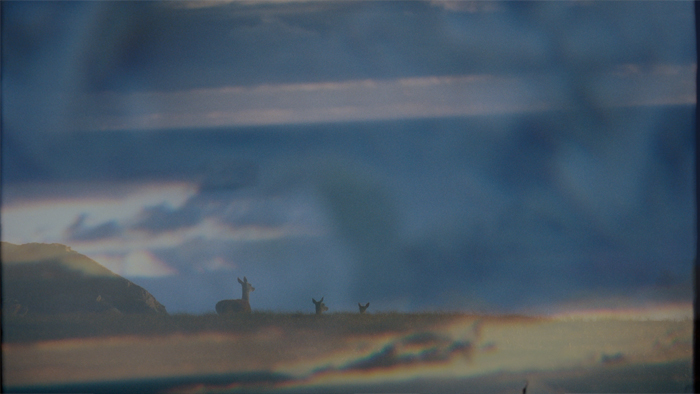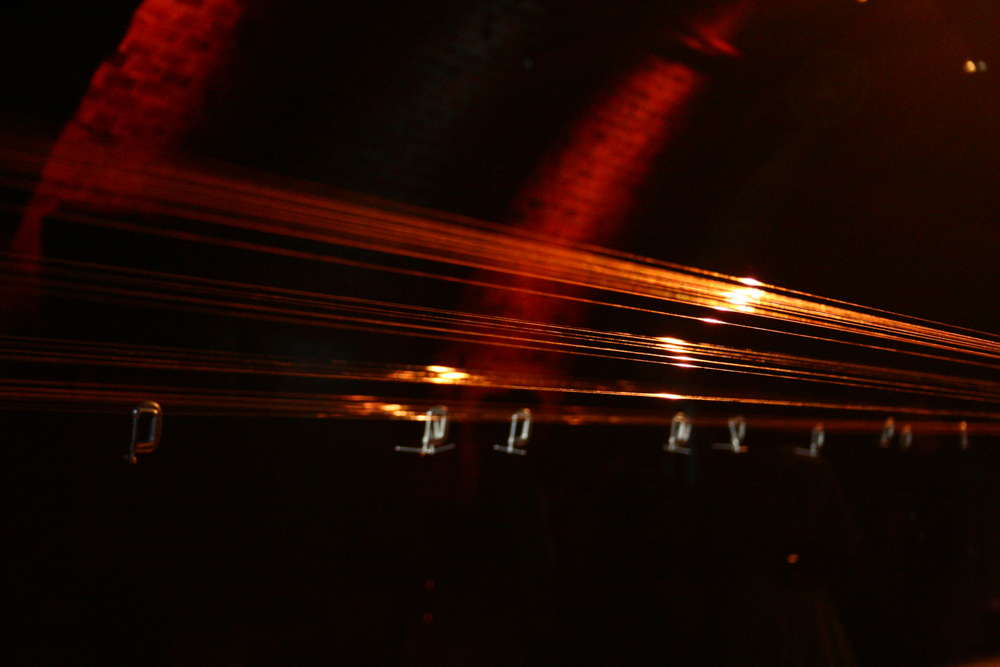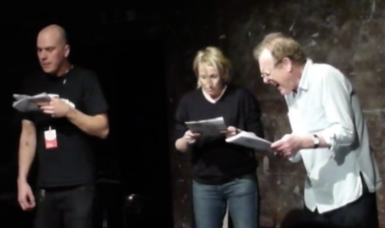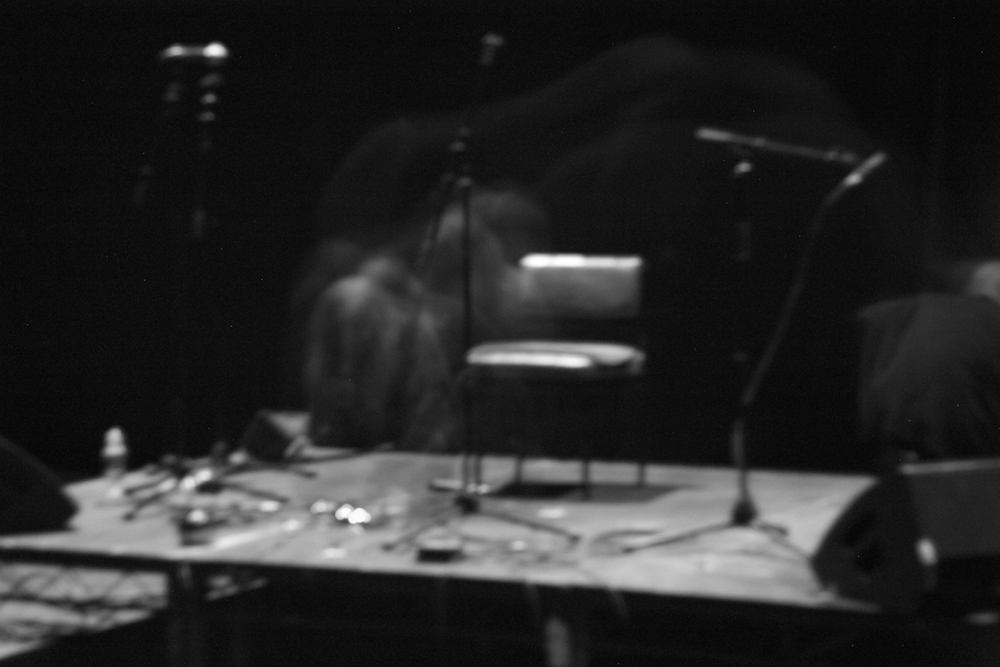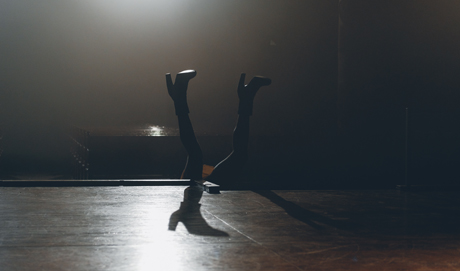
The Ancestral Present
Karrabing Film Collective Elwood Jimmy
Watching films and chatting with Karrabing members about those films: as they attend to the memory and practice of the ancestral present and the ancestral catastrophe that Karrabing and their more-than-human world find themselves facing.



